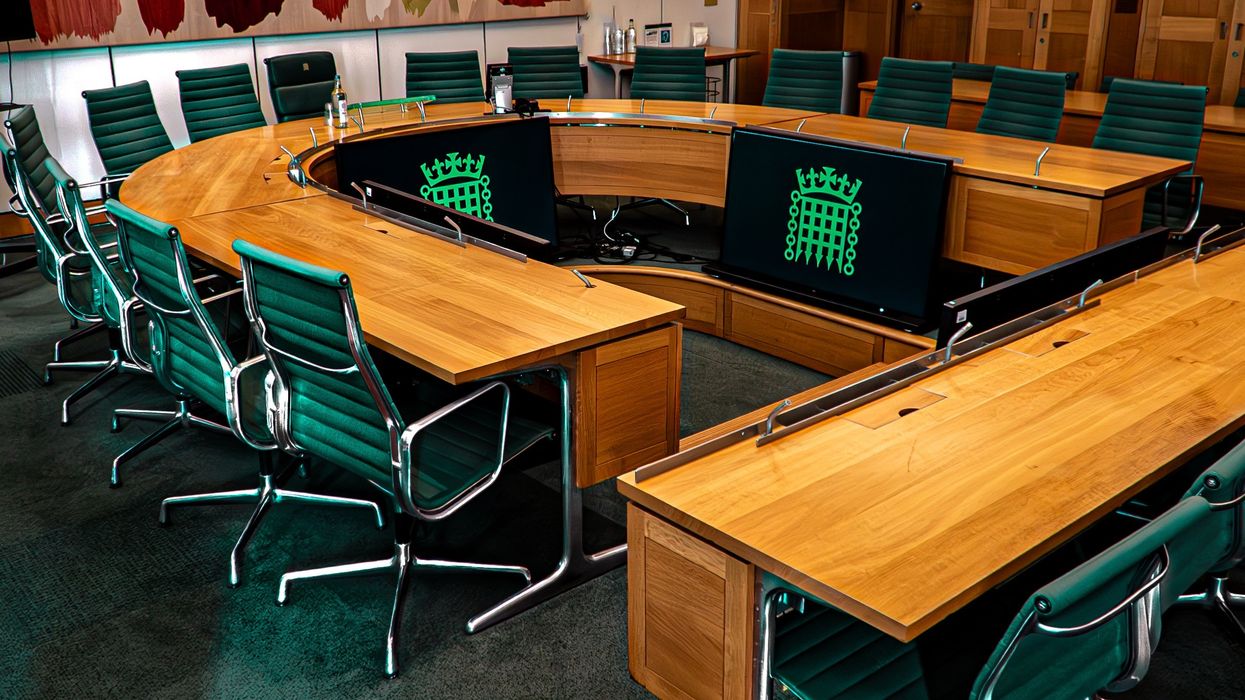Sector cannot take on the burden of the proposals to extend their services if “the core funding issues aren’t fixed” - says Community Pharmacy England
The government has responded to the Health and Social Care Select Committee’s report on community pharmacy, acknowledging 17 of the 19 recommendations.
In its report published on 29 May 2024, the Committee recommended, among other things, an overhaul of the Community Pharmacy Contractual Framework (CPCF), closing the funding gap, tackling medicines shortages by introducing generic substitution, and establishing an integrated and fully funded workforce plan for pharmacy.
In its response, released today, the government stated that NHS England is currently conducting an economic analysis of the sector, which will inform future proposals for funding and contractual arrangements.
On medicine shortages, it mentioned that the Department of Health and Social Care, working closely with NHS England, is taking forward a range of actions to improve their ability to mitigate and manage shortages and strengthen resilience.
Additionally, the government has stated that it will "publish a refreshed Long Term Workforce Plan” this summer and is "committed to growing the pharmacy workforce.”
The Committee has today written back to the Minister of State for Care, Stephen Kinnock to follow up on particular issues raised in the report and response.
In the letter, MPs welcomed the government's consideration of pharmacies in the development of the 10 Year Health Plan and urged it to be “bold and ambitious when setting out its vision for the role that community pharmacies could play."
Layla Moran MP, chair of the Health Committee, expressed satisfaction that the government intends to incorporate their recommendations into the 10-Year Health Plan and the Long Term Workforce Plan.
However, she raised concerns that the response does not "clearly reflect the sense of urgency on these matters which the predecessor committee derived from its inquiry."
Moran assured that they will be “closely examining the 10 Year Health Plan when it is published in the spring” and “will watch to see the extent to which the committee’s recommendations will be implemented.”
Pharma bodies urge ministers to end funding crisis
Community Pharmacy England (CPE) has expressed disappointment that the government has failed to provide answers to the problem of medicines shortages or make any promises regarding funding.
CPE chief executive Janet Morrison said: “It is useful to have finally had a response to the Health Select Committee’s inquiry. This sheds further light on the Government’s current thinking on critical topics for our sector.
“Whilst there are some significant disappointments in the response – no new promises on funding and a rejection of generic substitution – it is more positive that the government is at least partially accepting 17 out of the 19 recommendations.”
Morrison also emphasised that community pharmacies cannot take on the burden of the proposals to extend their services if “the core funding issues aren’t fixed.”
“This remains an urgent crisis which needs resolution,” she added.
Gareth Jones, director of corporate affairs at the National Pharmacy Association (NPA), pointed out that there is a lack of urgency in the government’s response, especially in terms of fixing the broken contract and properly funding pharmacies’ vital work.”
He stated that the NPA is ready to work with Ministers on delivering their commitment to a pharmacy network fit for the future. However, he stressed that the starting point needs to be “fair funding now and into the longer term, as well as bold thinking about the place of community pharmacy in the healthcare system.”
The NPA urged ministers to end the “crippling underfunding” of the sector and unleash its potential to transform the way people can stay healthy and access local treatment and advice.
The Royal Pharmaceutical Society (RPS) highlighted the Committee Chair’s concern that additional support is needed now.
Elen Jones, RPS director for England and Wales, welcomed the government’s commitment to make the most of the next generation of pharmacist prescribers, which will help deliver its ambition to treat people closer to home.
However, she noted that unlocking the potential of pharmacist prescribing will need “sustained investment in IT systems, workforce and a prescribing budget.”
Jones called on ministers to act on the Committee’s recommendation to “widen access to PrEP via community pharmacy and ensure that this is delivered through the forthcoming HIV Action Plan.”
The RPS’ evidence to the Committee underscored the injustice faced by pharmacy students excluded from the Learning Support Fund.
Jones emphasised that, to attract and retain the pharmacists needed to meet demand, this inequity at the very start of their career journey must be addressed.
She welcomed the Committee’s focus on allowing pharmacists to make appropriate substitutions to manage medicines shortages – as outlined in the RPS evidence to the Inquiry and reiterated in their comprehensive report.
“With the government response accepting that there may be occasions where it is appropriate to enable further flexibility, we look forward to progressing this further,” she added.













